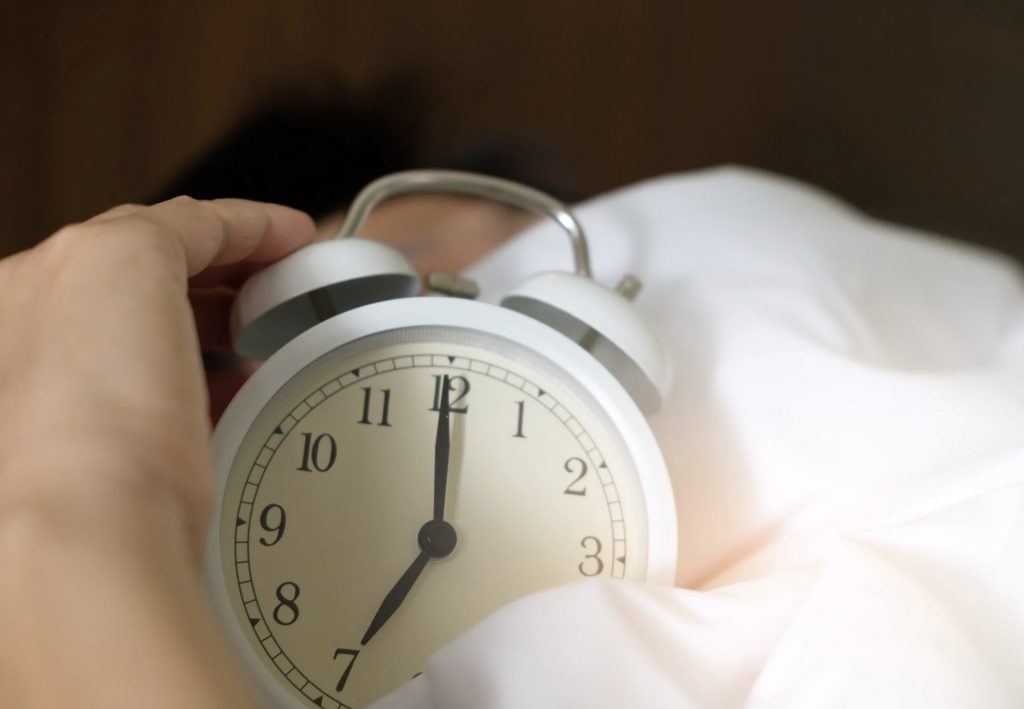What Are The Benefits of Sleep?

Getting enough sleep can help you with your mental health in more ways than one. Having a set sleep schedule and listening to your body goes a long way into a healthy recovery after a sickness, and the same thing goes for mental illnesses such as anxiety or depression. Many of the time when we don’t get enough sleep we can become irritable, anxious, sad, and overall exhausted and unwilling to deal with hard emotions that may come up. However, the benefits of sleep to the brain can help exponentially with facing mental health problems head on.
Good Sleep and Mental Health
While you’re asleep, your brain is still working on getting your body ready for the next day. It begins processing your emotions and memories while ramping up for the restoration that begins (more into that later on). It’s estimated that 300 million people worldwide have depression or a type of mood disorder. Typically, poor sleep was seen as a condition of depression but new research suggests otherwise and that depression can be made worse due to poor sleep instead.
Emotional reactivity and mental exhaustion are both things that can start to affect you throughout the day if you’ve gone a long time without truly having a good sleep. In addition to this, if someone is struggling with anxiety their mind is in a constant state of hyperarousal, meaning the mind is always racing or thinking, and this is one of the reasons sleep is so important for mental health as it can be a source of worry around bedtime.
What are the benefits of deep sleep?
You may think that all sleep is the same, but this is actually untrue! There are four different stages we go through when we lay our heads down to rest at night. For example, the first stage is N1, the N2, stage three is deep sleep, and finally stage four is REM. The quality of your sleep depends on how long you stay in deep and REM sleep, which means if you were tossing and turning all night, you most likely didn’t reach your third stage.
The following are all benefits we receive from deep sleep:
- Energy restoration
- Cell regeneration
- Increasing blood supply to muscles
- Promoting growth and repair of tissues and bones
- Strengthening the immune system
- Mood improvement
Needless to say, deep sleep is incredibly important to your overall health, both physically and mentally. If depression or anxiety are things that you struggle with daily, these things can only get worse if you aren’t getting a good night’s rest. This is because the brain becomes exhausted throughout the day, then the night, and so on and so forth. Eventually, this becomes mentally taxing and overall is one of the things that contributes to poor mental health.
How To Get Good Sleep
Now that we understand the effects that sleep can have on our mental and physical health, what are the ways that we can get a better night’s sleep? At Eva Carlston Academy, we’ve implemented several tactics to help our students get the much needed rest they deserve. For example, Eva Carlston students:
- Have a “wind down” routine
- Consistent bedtime
- Quiet time before bed
- Putting away any and all electronics at least an hour before bedtime
- Daily routines that promote uninterrupted sleep
- Having a comforting environment
All of these things and more can help give you a better night’s sleep which, in turn, helps your mental health and alleviate any additional stress. Having a strong bedtime routine and making your environment as calm and comfortable as possible will help create a habit of peaceful sleep. Try implementing other sleep hygiene techniques that work for you. At Eva Carlston Academy, we ensure our students have a healthy and happy routine that contributes to the success of their mental health and keeps them rejuvenated to take on the next day!
Call: 801-449-0089
Address: 4943 S Wasatch Boulevard, Salt Lake City, Utah 84124
